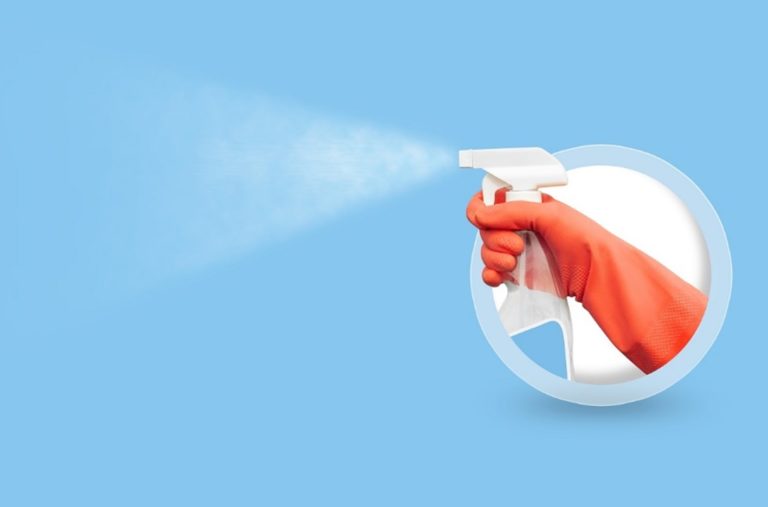If there’s one thing the virus has taught us these months, not letting your guard down can be on top of the list. A recent off-campus super spreader party in Long Island that has shut down in-person learning and other group athletic activities is one glorious example of leaving everything foolishly to chance. With a highly infectious virus threat against us, ensuring things don’t go out of hand is indeed a must. And that should certainly include your precious abode.
While the home can be a safe place as it’s away from direct contact with strangers, there are ways diseases can get to you if you’re not careful. And it’s not just COVID-19, a host of other illnesses could be putting you and your kin in harm’s way. On top of that list is dengue. Therefore, making sure your property is free of these health risks should be top of your mind. The problem is you could be sabotaging your well-being as we speak.
Thankfully, due diligence should be a timely armor. Indeed, forewarned is forearmed. Having first-hand knowledge of the health dangers you could be facing is a good start in knowing how to fight them right from home. It can spell the difference between a trip to the hospital and a happy staycation.
Mind the Things Most Touched
Viruses and bacteria are passed by primarily by direct contact. The thing is these pathogens could cling to the materials we touch every day. The worse part is they could still be alive and infectious for a certain period of time. To boot, the COVID-19 virus can last up to 72 hours on a surface. Being in contact with such a compromised surface can be a surefire way to get infected.
Keeping in mind materials that are often handled is wise. The doorknob is a primary example. Children’s toys, electronics, and TV remote controls are one. Bear in mind the more people have access to a material, the greater the danger of spreading infection. Additionally, you should include frequently touched surfaces such as countertops. You can make the most of a list if you’re worried you’ll forget one surface.
Thus it’s best to clean high-touch surfaces daily. Also, observe the habit of disinfecting these surfaces after you have a visitor. Additionally, limiting a visitor to one part of the house is wise in this regard. For best results, use a disinfectant that’s part of the EPA list. And if you’re in doubt, always wear gloves and a mask to protect yourself.
Mind Dangerous Places
There are places inside and outside your property that are prone to be a go-to place for pathogens and other harmful agents. For instance, you have the toilet handle. You may already think it’s dangerous but not for the reasons you know.
For starters, we always keep our toilet seat clean and the bowl clean. It’s usually a given. But more often than not, we forget about the flush handle. Unbeknownst to you, a host of pathogens can live there. We’re talking about enterococcus and rotavirus; the former causes bacterial gastroenteritis while the latter causes diarrhea in children.
To clean, you should utilize a disinfectant that specifies to fight these pathogens on the label. Or you could render your cleaning useless.
Additionally, you should ensure no free-standing bodies of water are in your backyard. These can be the breeding ground of mosquitoes which with one bite could cause life-threatening malaria or dengue fever. Usually, children at the age of 5 or under are the worst affected by these mosquito-borne diseases. In this regard, calling the services of mosquito control experts is wise. It can avert a possible worst-case scenario especially if you have young children in the house.

Mind the Air You Breathe
Indoor air quality (IAQ) is not just a measure of the comfort of your home. Most importantly, it’s a measure of how safe the surrounding air is. For one, molds could compromise the air you breathe. Inhaling and touching mold spores can cause allergic reactions which include red eyes, running nose, and skin rash. Also, it can also induce shortness of breath. Worse, people who have asthma can have asthma attacks if they breathe in spores.
And we’re not talking about just people who already have asthma. In addition, asthma attacks and allergies could happen to anyone who could be sensitive to mold in the air. Some of these people are:
- the elderly
- children/infants
You must bear in mind that there are pollutants in the house that compromise the air but we are oblivious to them. Some of these are smoking, fuel-burning kitchen appliances, HVAC, and pesticides.
While you may not experience the short-term effects of these IAQ woes, long-term results could ensue over time. Cancer and heart disease are two examples. A good start for you to counter this is to increase the amount of outdoor air in your house.
Certainly, it pays to keep these things in mind. And that’s for better days ahead for everyone you love.
